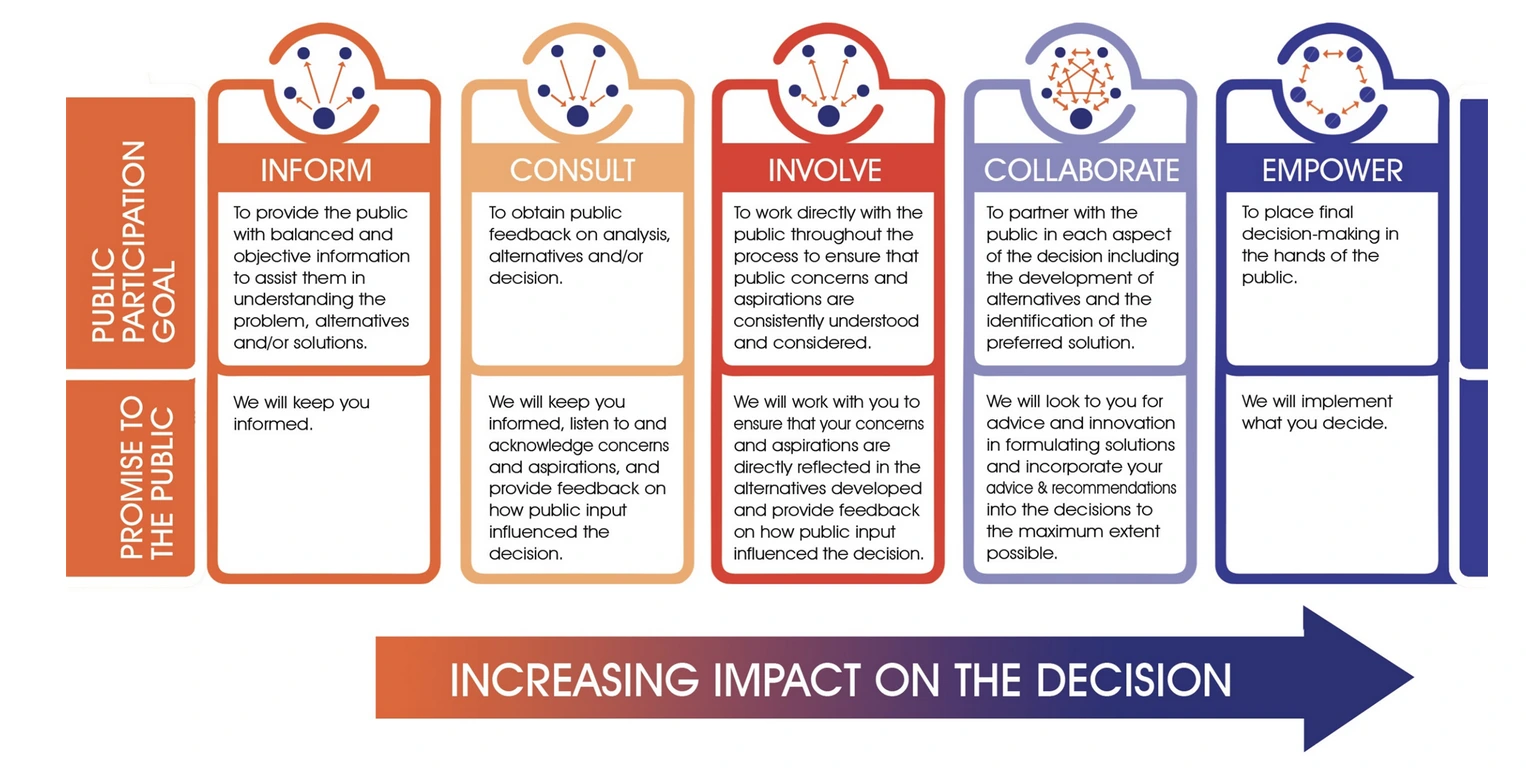Multidimensional Health
Stay tuned for more information on our upcoming new projects in community health.
Trauma-Informed Approaches
The adoption of trauma-aware principles supports interventions that are meeting individuals and families where they are at, and avoiding harm. These approaches are based on the CDC’s Trauma Informed Care Principles.

Community Engagement
Enhanced engagement in communities with limited resources supports greater integration of programming and sustainability that meets their needs, strengths, and desires. This principle is supported by considering the AZ Health Zone’s work through the lens of the Spectrum of Public Participation and by focusing on the consult, involve and collaborate levels.

